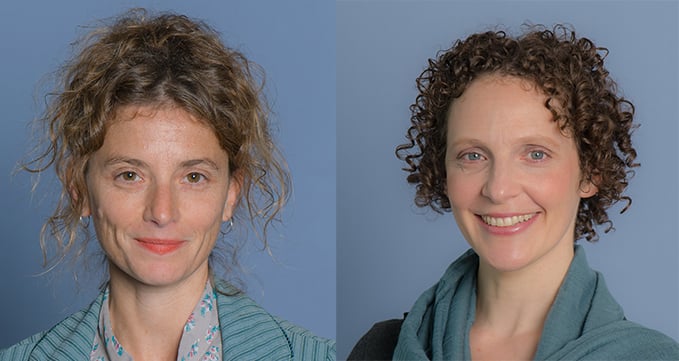Institute researchers awarded $2.5m research funding
Research news
Alfred Deakin Institute for Citizenship and Globalisation researchers had additional reasons to celebrate on Melbourne Cup Day when the Federal Minister for Education and Training, Senator Simon Birmingham, announced grants in excess of $2.5m in Australian Research Council (ARC) funding.
Projects led by Professor Emma Kowal, Professor Anita Harris, Professor Christoph Antons, Professor Mark McGillivray, Dr Ali Mozaffari, received funding in the round. Professor Jon Altman and Associate Professor Melinda Hinkson and Associate Professor Andrew Singleton are part of successful research projects led by other institutions.
Director of the Institute, Professor Fethi Mansouri, congratulated the researchers saying ARC funding was extremely difficult to win.
“The announcement reinforces the Institute’s growing reputation for providing a supportive, innovative and vibrant research environment,” he said.
ARC Future Fellow, Professor Harris, who was awarded an ARC Discovery in this round, said she was thrilled to be leading such a big piece of research in Australian youth sociology.
“Australian youth studies has an excellent international reputation and the award of this large grant is a terrific endorsement of the work we do to understand youth in a global context,” she said.
“ADI is the perfect place for the project.
“It is not a surprise that all the assessors who evaluated the project particularly commented on ADI as an 'outstanding' and 'ideal' research environment for the project; and (to quote directly from an assessor) its 'reputation for supporting policy-oriented research on cultural diversity, migration and youth cultures'. “
Professor Kowal, who was awarded a prestigious Future Fellowship in the round said the research environment and support provided by the institute made it the perfect place to host her research.
“I feel really excited to be able to put my ideas into action and see how the research unfolds over the next four years,” she said.”
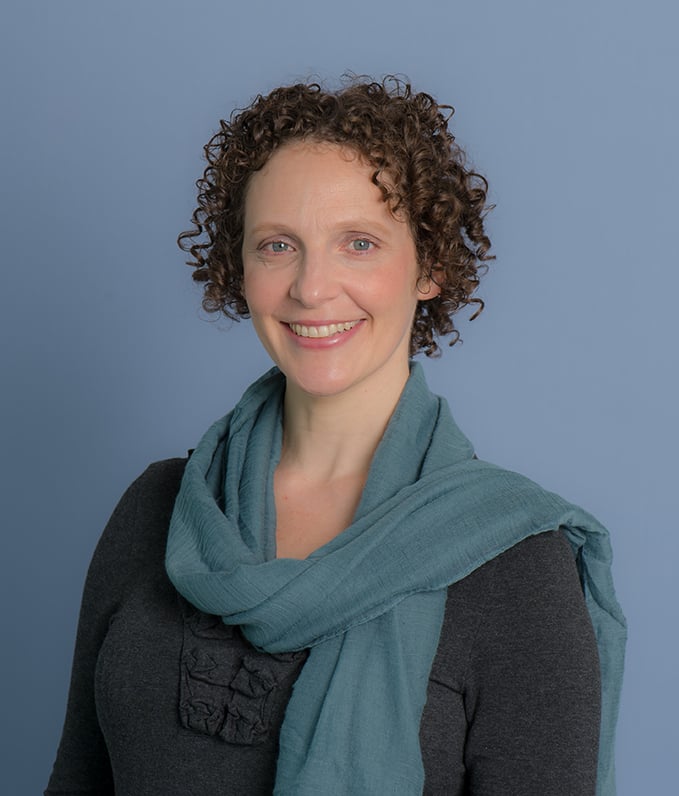
Unpacking the story of 20th century biological research in Indigenous Australia
Professor Emma Kowal's Future Fellowship will investigate how biological knowledge about Australia’s First Nation’s peoples was produced across the 20th Century.
The project has implications for the role of biology in Aboriginal studies and investigates what has happened to the biological samples – blood, bone and hair - on which that knowledge was created.
Professor Kowal's Fellowship was one of only three awarded to Deakin University. The Fellowship is prestigious because it aims to attract and retain the best and brightest mid-career researchers by funding research considered to be of critical national importance.
Professor Kowal said her project would look at the biological specimens, blood, bone and hair that were collected by scientists in the early 20th century and how they were used to create knowledge about Aboriginal people.
“It will also look at what has happened to those samples over time as many of them still persist today,” she said.
“There has been quite a lot of research on skeletal remains but no-one has done a lot of work on the biological specimens. “What has been done is scarce and generally confined to pre-WWII.
“As a result the overarching story of 20th century biological research in Indigenous Australia is yet to be told. “
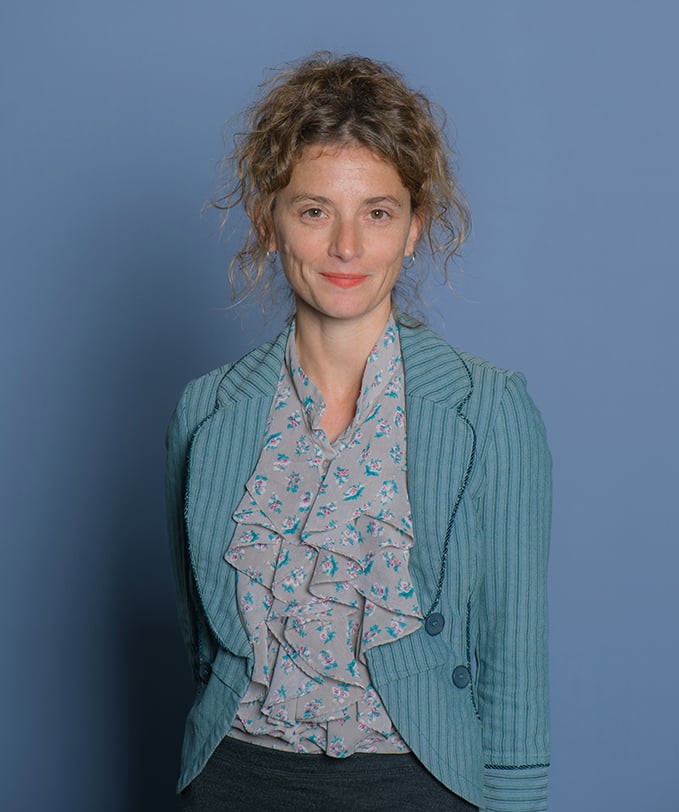
How do mobile young people hold their lives together?
Professor Anita Harris said her Discovery Project would look at the impact transnational mobility has on young people’s economic opportunities, social and familial ties, capacity for citizenship and transitions to adulthood. She is leading the project with partner investigators at University of Western Australia and Western Sydney University.
“We know that young people are increasingly travelling for work and education, both to and from Australia, to enhance their skills, experience and qualifications and improve their opportunities to succeed in a global economy,” she said.
“But we don't really know whether this mobility delivers on its promise, or what other challenges it throws up for young people as they try to make life plans and imagine futures while on the move. “
Professor Harris said sometimes people stayed away longer than intended, changed their purpose of travel, or ended up somewhere they never imagined.
“Work or study overseas can have unintended consequences for youth that we are yet to fully track or understand,” she said.
“So what we want to know is: ‘How do you hold your life together and map out a pathway towards adulthood when you incorporate mobility into your life plans?’”
Helping small farmers improve food security
Professor Christoph Antons will lead a Discovery Project which aims to discover how the practical knowledge of local farming communities’ in India and Indonesia can improve food security.
“795 million under-nourished people rely on small farmers for food,” he said.
“To protect these farmers from multinational agribusiness and climate change, the project will examine how small farmers turn useful plant material into cultivated crops through plant selection and breeding under conditions of climate change.”
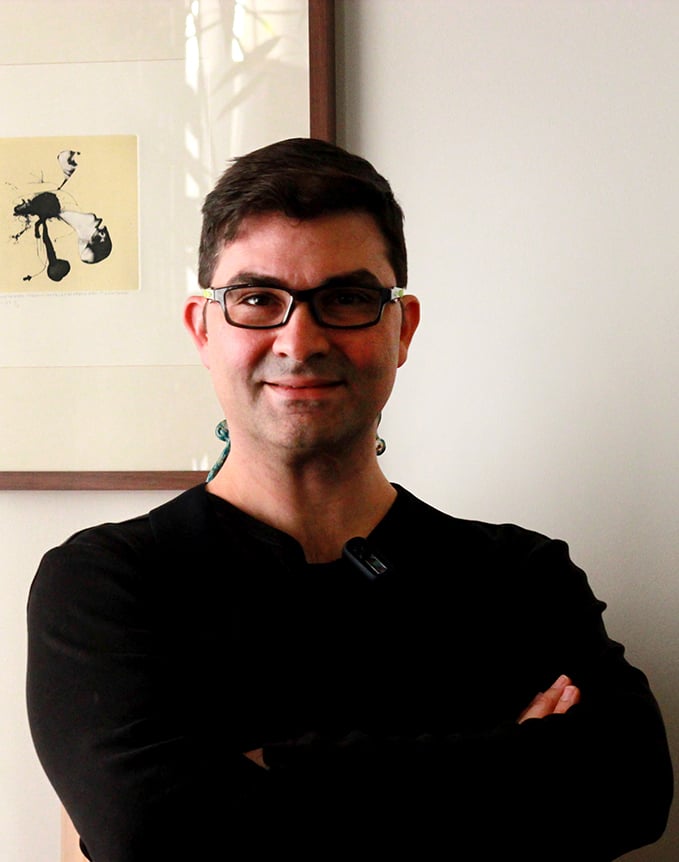
Pre-Islamic heritage link to stability in Middle East?
Dr Ali Mozaffari was awarded an ARC Discovery Early Career Award (DECRA) to support his research which will focus on the role pre-Islamic heritage plays in contemporary Iran and its potential to create a more stable Middle East.
“Since the late 1980s, the Islamic Republic has reconsidered its relationship to the past, claimed Iran’s pre-Islamic heritage and enlisted it in official narratives of collective identity,” Dr Mozaffari said.
“This project looks at the sub-region of Parsa-Pasargadae (Parsa) in Iran where competing historical, cultural and political factors converge yet the people in the region have a shared identity.
“I am interested to see how, in this context, heritage is politically appropriated, contested, and negotiated by various actors and how pre-Islamic cultural heritage participates in Iranian state-society relations.”
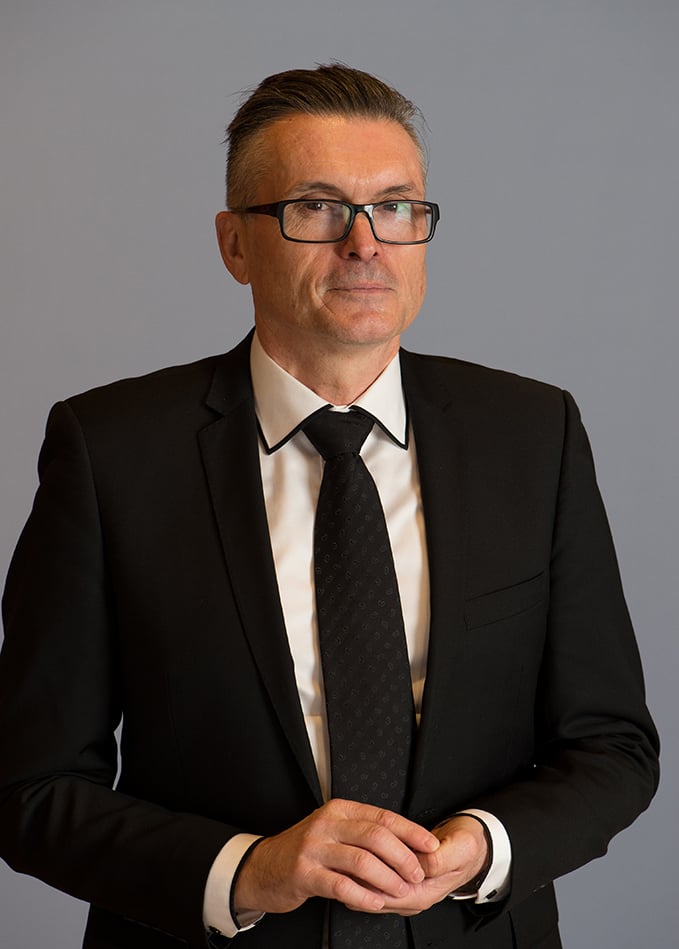 Professor Mark McGillivray will also be part of a Discovery Project led by another Deakin University colleague Professor David Lowe. The project will analyse Australian motives and their connectedness to the allocation of foreign aid since the Second World War.
Professor Mark McGillivray will also be part of a Discovery Project led by another Deakin University colleague Professor David Lowe. The project will analyse Australian motives and their connectedness to the allocation of foreign aid since the Second World War.
Professor Jon Altman and Associate Professor Melinda Hinkson were part of an ARC LIEF (Linkage Infrastructure, Equipment and Facilities) project led by Victoria University to build an Aboriginal History Archive.
Associate Professor Andrew Singleton will be part of an ARC Discovery Project, led by Australian National University, looking at Social engagement in Spiritualism
The Alfred Deakin Institute currently hosts 15 ARC funded projects including four Future Fellowships, seven Discovery Projects, and four DECRAs.
The October announcement builds on earlier research funding success for Institute researchers announced in February.
ADI Deputy Director, Professor Andrea Witcomb, is jointly leading an Australian Research Council Linkage project, based at the University of Western Australia. ADI member Dr Tiffany Shellam is also part of the research team.
The project will look at the history of collecting practices in Western Australia (WA) from pre-colonial to modern times and their influence on perceptions of WA.
Share this story
